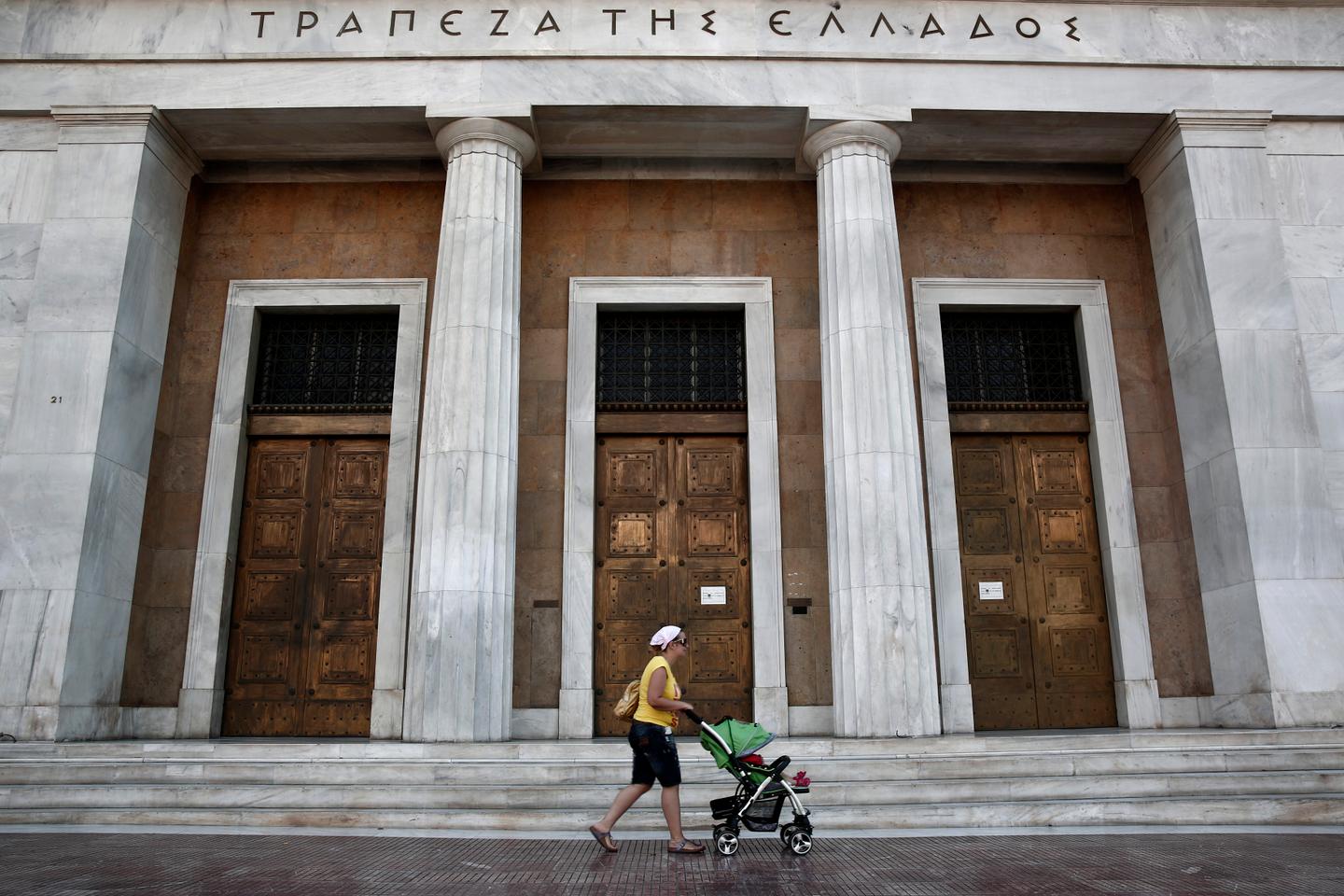


Baby formula in Greece is sold in supermarkets and pharmacies for up to twice as much as in other European Union countries, according to a study published in early January by the Hellenic Competition Commission, which compared the prices that several brands were sold at in November. For example, an 800-gram jar of Nestlé powder formula for newborns under 6 months is sold for €27 in Greece, compared with €14 in France and €11 in Sweden. These products are so coveted that, for over a year now, they have been fitted with anti-theft devices in some Greek supermarkets.
This discrepancy has not gone unnoticed in Greece, where salaries are still low after a decade of economic crisis (2009-2018), despite the recovery. The minimum wage is no more than €780 gross per month. Until 2011, baby formula was only sold in pharmacies. When the market was opened up and the product began to be sold in supermarkets, the authorities hoped that prices would fall. But since the recession, the Covid-19 pandemic and inflation have taken their toll. Between 2022 and 2024 alone, baby formula prices rose by between 14% and 28%, depending on the brand.
"Having children in Greece has almost become a luxury! I spend over €500 a month on food and formula," explained Irini Chalari, who lives in a suburb of Athens. Added to this is the cost of private daycare at €260 a month, as public daycare does not have enough available spots or hours that are convenient for parents who work. With a variable salary as a freelance photographer, and despite her partner's stable job, the thirty-something struggles to make ends meet: "Fortunately, my mother helps me out, looking after my son when I need her to, so I don't have to pay for a babysitter too. But without help from the family, it's very difficult."
A 'matter of national preservation'
The subject is all the more sensitive in Greece, where the birth rate is at an all-time low. In 2022, 76,000 births were registered in the country and half of all women do not breastfeed. The market for baby formula is therefore small and dominated by four multinationals that sell to supermarkets at a higher price than in other countries because they don't place large bulk orders.
The fertility rate in Greece is 1.43 children per woman, well below the generational replacement level (2.1 children per woman) and the Organization for Economic Cooperation and Development (OECD) average of 1.58 children per woman. In 2020, for the first time since 1932, the Greek population shrank. According to projections, Greece could have as few as 9 million inhabitants by 2050, compared with 10.6 million today.
You have 45% of this article left to read. The rest is for subscribers only.
